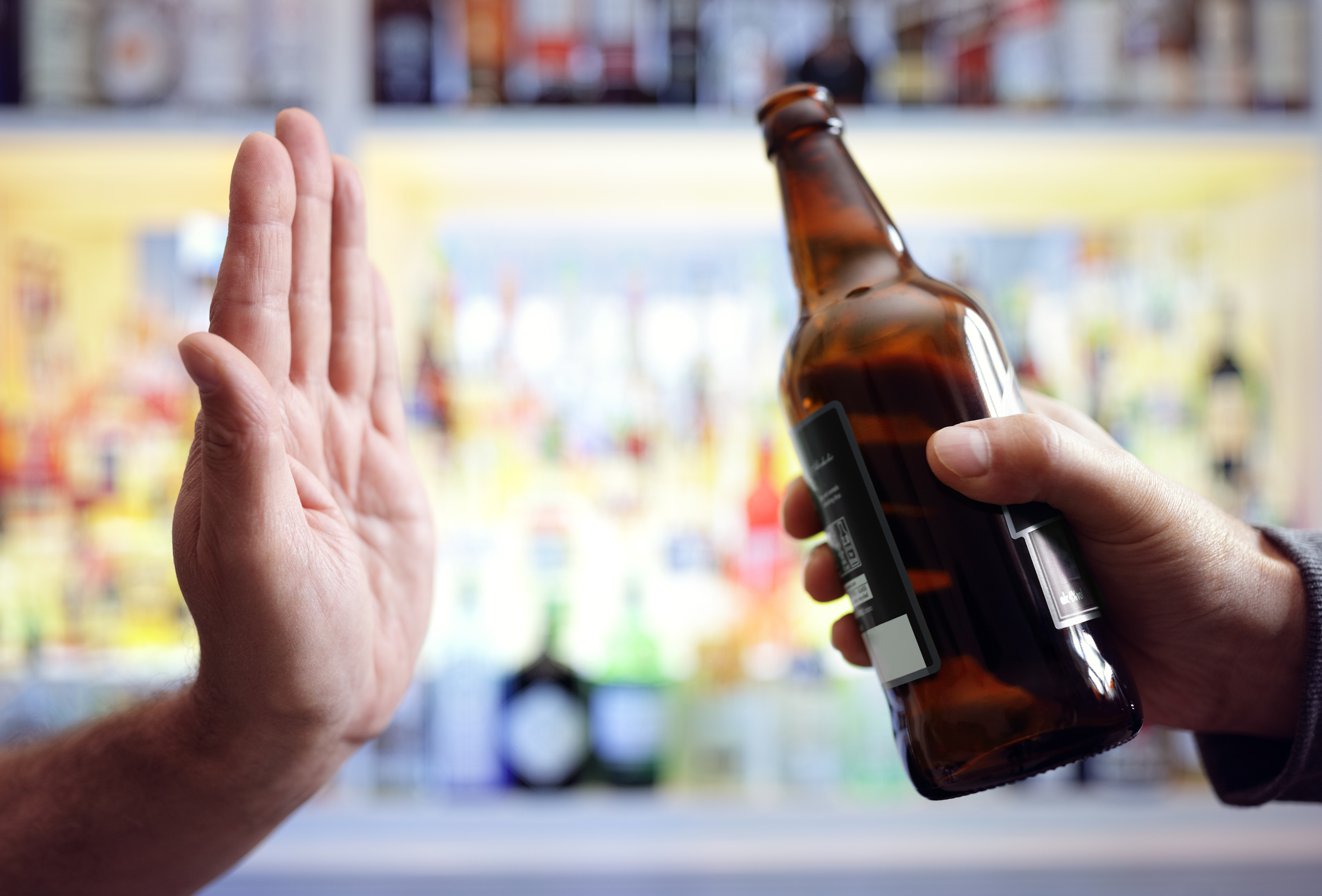Get Easy Health Digest™ in your inbox and don’t miss a thing when you subscribe today. Plus, get the free bonus report, Mother Nature’s Tips, Tricks and Remedies for Cholesterol, Blood Pressure & Blood Sugar as my way of saying welcome to the community!
Study seems to settle the connection between cancer and alcohol

While none of us doubt that heavy drinking is a danger to our health, the jury has been out for decades as to whether light to moderate alcohol use can be helpful or harmful.
So if you’re confused about whether or not you should raise a glass, you’re not alone.
After all, just in the past few years while some studies have found that alcohol use during certain periods of life can speed cognitive decline, others have determined that light drinking can act as a brain tonic, clearing away harmful toxins.
And while we’ve all heard about the French Paradox, wherein drinking red wine is said to lead to a healthier heart, doctors are now warning of the heart rhythm dangers of drinking.
If all of that weren’t confusing enough, there’s the question regarding alcohol and cancer.
Yup, even though evidence has mounted that alcohol could help fuel cancer, other research has pointed to an “alcohol sweet spot” that could actually reduce your cancer risk.
So which is it?
Is all drinking bad or just drinking to excess?
Well, it looks like the jury is finally in at least when it comes to the question of alcohol and cancer risk.
A direct cause, not just a supporting actor
You see, a big part of the issue that has kept all of us (scientists included) wondering what the truth behind the alcohol/cancer connection really is, was the fact that it has been difficult to establish whether drinking is a direct cause of cancer or simply a part of an overall lifestyle that led to its development.
So researchers from Oxford Population Health, Peking University and the Chinese Academy of Medical Sciences, Beijing set out to address these unknowns.
The team used a genetic approach to analyze the risk of alcohol for cancer development in 150,000 participants. Specifically, they compared participants who were born with one of two common genetic variations in East Asian populations to those without.
The two variants reduce alcohol tolerability and detoxification and result in an unpleasant ‘flushing effect’ — and are therefore strongly associated with lower alcohol intake.
They then combined this genetic information with questionnaires about drinking habits and tracked the participants for approximately 11 years to see who became cancer victims and who were spared.
And the results were clear…
Alcohol and cancer go hand-in-hand.
The team found that those with one to two copies of the alleles that result in the variants that lead people in Asia to drink less had a 13 to 25 percent lower risk of overall cancer. This included cancers that have been previously linked to alcohol use, particularly head, neck and esophageal cancer.
And those with two copies of the low-alcohol tolerability allele who drank very little alcohol had a 14 percent lower risk of developing any cancer, plus a 31 percent lower risk of developing those previously known alcohol-related cancers.
Saying goodbye to alcohol to cancer-proof your body
So if you want to keep cancer at bay, it’s best to keep the alcohol away.
Of course, that can be easier said than done at times, especially if you’re used to having a cocktail or glass of wine with your meals.
That’s why I like to keep this list of mocktails recipes (cocktails without the alcohol) handy.
My favorites are the Baby Bellini and the Designated Appletini.
It can also help to try this 11-minute trick to tame the alcohol urge when it strikes.
Editor’s note: Discover how to live a cancer prevention lifestyle — using foods, vitamins, minerals and herbs — as well as little-known therapies allowed in other countries but denied to you by American mainstream medicine. Click here to discover Surviving Cancer! A Comprehensive Guide to Understanding the Causes, Treatments and Big Business Behind Medicine’s Most Frightening Diagnosis!
Sources:
New genetic study confirms that alcohol is a direct cause of cancer — Oxford Population Health












